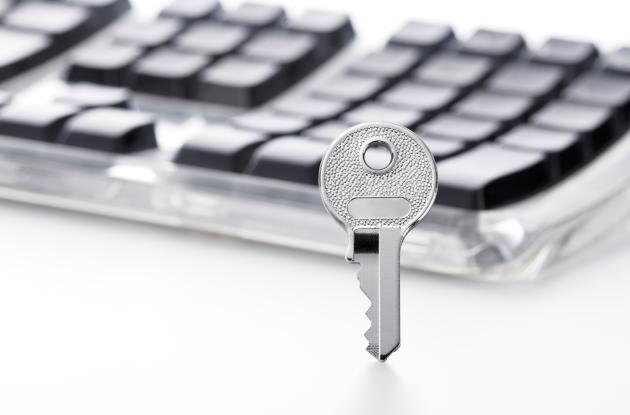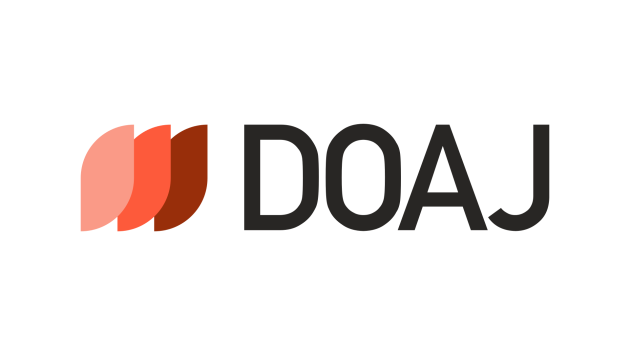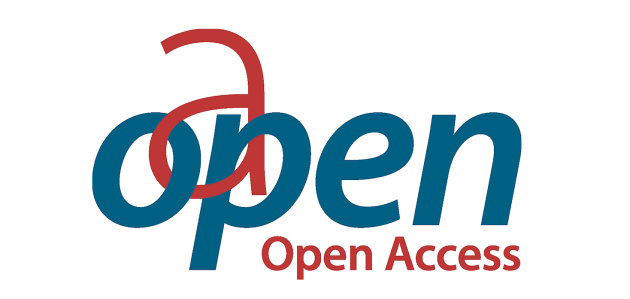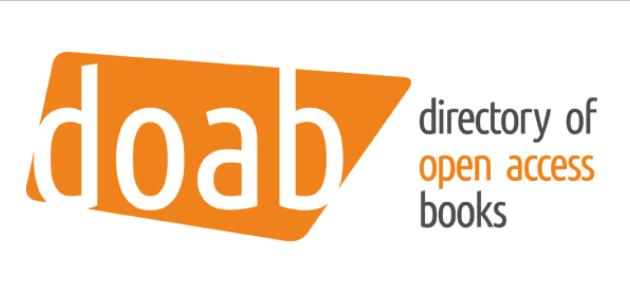Support for Open Science services
Since 2020, Royal Danish Library has supported a number of initiatives to promote the transition to Open Science and sustainable not-for-profit OA infrastructure.

Photo: Colourbox
In order to future-proof important Open Science services and infrastructures, there is an increasing need for support for investment in infrastructures that promote Open Access, FAIR data and digital sovereignty.
Many services and infrastructures that are globally essential for the implementation of universities' Open Science activities are provided by non-profit actors. Often these have developed a service or infrastructure with project support and when it expires the service is often left without a funding basis and risks disappearing.
In 2017, The Global Sustainability Coalition for Open Science Services (SCOSS), a network of significant organisations in the global Open Science landscape, was established. Each year they recommend 2-3 Open Science services or infrastructures that they believe deserve long-term, financial support from the institutions that benefit from the service or infrastructure in question.
The need for institutions to invest in Open Science services and infrastructures in this way is also addressed more broadly, e.g. via POSI – Principles of Open Scholarly Infrastructure, Jussieu Call for Open Science & Bibliodiversity and the Barcelona Declaration on Open Research Information.
Royal Danish Library has therefore started initiatives that provide financial support and promote a transition to Open Science.
Earmarked funds have been set aside in a support pool to support open infrastructure and services that are made available to the global research community.
Criteria for applying for or receiving support:
Royal Danish Library has defined five basic principles that must be taken into account in the assessment of existing and new support:
- Community-driven means that the organisation is owned and/or controlled by the research community, and cannot be taken over by commercial interests.
- Relevance and professional balance. Initiatives will only be supported if the research and subject areas are relevant to research carried out at Danish research institutions.
- Economically sustainable and responsible. There must be transparent business models that enable an accurate clarification of the finances, so that it is visible where the funds are invested. The initiative must not be for-profit and profits must be reinvested in scientific publication. If possible, support for critical infrastructure is given for a minimum of two to three years at a time to ensure continuity and predictability for e.g. new emerging initiatives.
- Copyright and Licensing. Initiatives or models where the authors retain their copyright and/or all publications and metadata are published with a CC BY license.
- Administration. Royal Danish Library's administration associated with the support must be proportional to the support.
Exceptions:
The pool does not support memberships based on the inclusion of APC payments or subscription to OA such as Subscribe to Open.
Support for initiatives and services within FAIR research data and data infrastructure belongs to DeiC in collaboration with the universities, and the funds are therefore not used for this.
Infrastructures and services supported for 2024
Every year, the supported initiatives are assessed, and Royal Danish Library decides which initiatives will receive support from the pool.
For 2024, the following is supported:
- ArXiv
- COAR
- DOAB/OAPEN
- DOAJ
- OA Switchboard
- Open Editions
- PCI (Peer Community)
- ROR
- SCOAP3
- SCOSS: Open Citation
- SCOSS: PKP (Public Knowledge Project)
- SherpaRomeo
- SPARC Europe
In 2024, we will place special focus on national support for DOAJ and DOAB/OAPEN for their work with open infrastructure and the promotion of Open Access.
DOAJ is a unique and comprehensive registry of various peer-reviewed Open Access journals. Its mission is to enhance the profile, visibility and utilisation of all quality Open Access journals globally, regardless of area, geography or language. DOAJ contains over 20,000 journals from 136 countries and in 80 languages, and DOAJ services and metadata are provided free of charge to all.
All journals that apply for indexing are assessed in relation to DOAJ's evaluation criteria. DOAJ criteria have become a de facto 'gold standard' for open access journal publishing that is trusted across the scientific community. DOAJ leads Think. Check. Submit a cross-sector collaboration to build trust in credible research publications.
DOAJ relies on contributions from its partnership with libraries, foundations and publishers to maintain and develop its service, and DOAJ plays a role in promoting standards and "best practice" in Open Access publishing. DOAJ and Royal Danish Library have collaborated on a project to increase the number of Danish journals registered in DOAJ between 2021 and 2022. The number of journals published in Denmark continues to grow.

Photo: DOAJ
OAPEN's mission is to promote and support the transition to Open Access for academic books by providing open infrastructure services – OAPEN Library – to stakeholders in scholarly communication. OAPEN is a digital library of well over 30,000 Open Access (full text) scholarly books from hundreds of publishers that adhere to OAPEN's peer-review practices. All books in the OAPEN library are free to read and download; all metadata is free to use and provided in various formats or through API and requires no registration or logins. OAPEN's income comes from libraries that support OAPEN and from service charges paid by foundations and publishers. OAPEN complies with "The Principles of Open Scholarly Infrastructure".

Photo: OAPEN
DOAB's mission is to increase the visibility of Open Access books and to build trust in open book publishing. DOAB is a global and community-driven registry (metadata only) of over 80,000 academic, peer-reviewed Open Access books from 650+ publishers in more than 80 languages. DOAB contains Open Access books from trusted platforms such as OAPEN, JSTOR, MUSE, OpenEdition, SciELO and the African Platform of Open Scholarship. Publishers apply to become members of DOAB and are assessed against DOAB's evaluation criteria. All metadata is public domain (CC0). DOAB's income comes from libraries and sponsorships. DOAB complies with "The Principles of Open Scholarly Infrastructure".

Photo: DOAB